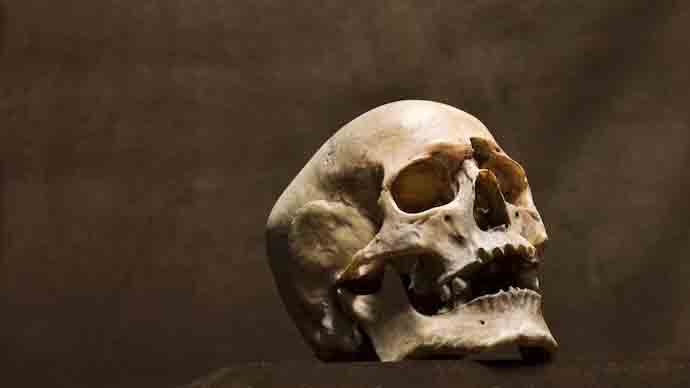When the earth froze and our ancient ancestors froze too

Scientists have uncovered evidence of a catastrophic event that emerged as one of the greatest threats to our ancient ancestors long before Homo-sapiens left Africa. The Great North Atlantic Cooling Event occurred about 1.1 million years ago, lasting about 4,000 years. This climate catastrophe is believed to have wiped out entire populations of Homo erectus, the first human species to expand beyond Africa, colonizing Europe. A period of cold winter, the intensity of which is comparable to the most recent ice ages, made Europe inaccessible to early human hunter-gatherers. Excessive glaciation deprived them of food resources, and their survival was further challenged by a lack of cold tolerance, insufficient fat insulation, and difficulties in making effective clothing, shelter, and fire. “The early human occupation of Europe probably had a complete interruption for a considerable period of time, eventually returning an entirely new population,” said co-author of the research, anthropologist Chris Stringer from the Natural History Museum in London. The number of individuals who died in this regional extinction event is unclear, but it is estimated to have been in the thousands across Europe. This event occurred during the Pleistocene epoch, which was marked by global cooling episodes. Contrary to previous assumptions, the study shows that human occupation of Europe was not continuous, but was interrupted by at least one regional climate-induced extinction. The study’s co-author, climate physicist Axel Timmermann of Pusan National University in South Korea, suggests that Europe was re-colonized around 900,000 years ago by more resilient humans with evolutionary or behavioral changes that could have been attributed to the increasing intensity of glacial conditions. were allowed to survive. , The researchers reconstructed the ancient climate using organic compounds released by tiny algae and pollen material in sediment cores excavated in the deep sea off the coast of Portugal. Computer simulations were run to assess the effects on human habitats, which revealed a drop in average air temperature of about 8 °F (4.5 °C). Our evolutionary lineage diverged from the chimpanzee and bonobo lineages about 7 million years ago, after which the species acquired more human-like traits. Despite the hardships faced by Homo erectus, the later human species proved more resilient amid persistent glacial conditions, leading to the colonization of Europe by Homo sapiens around 60,000 years ago. Timmermann concluded, “The study provides insight into the early vulnerability of early human species to environmental changes and how they eventually adapted to increasing glacial climate stress.”
















